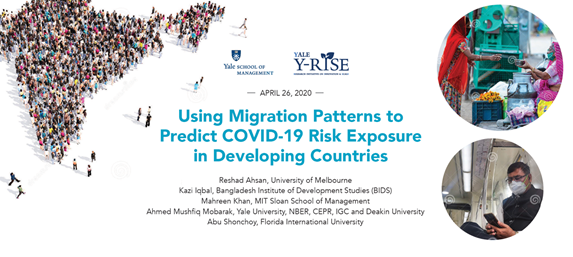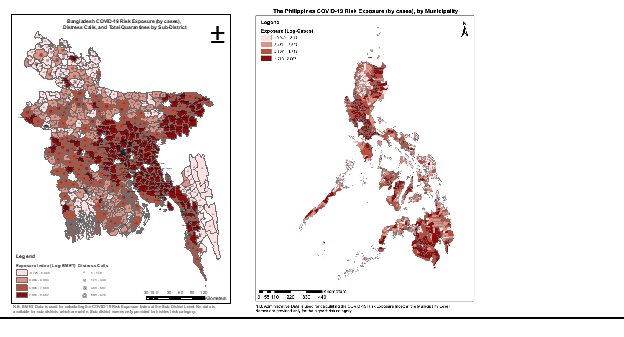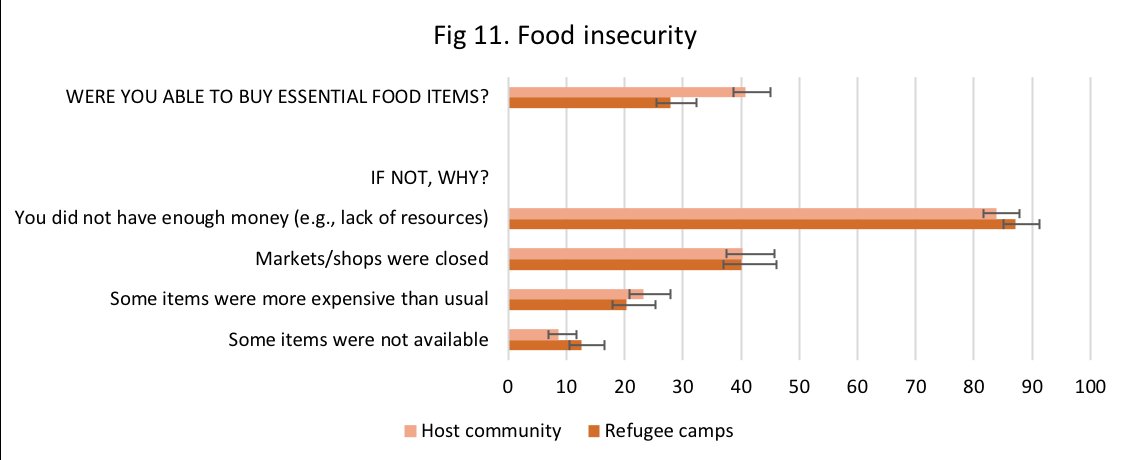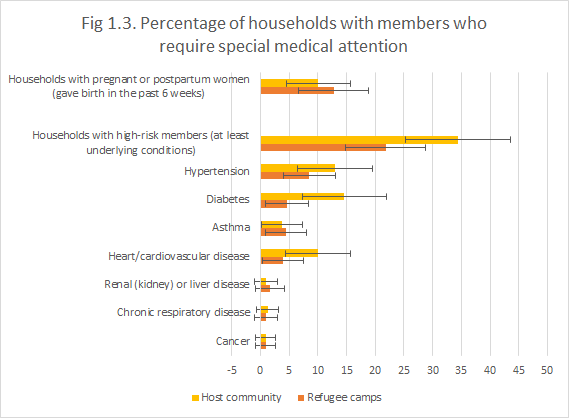
A thread on my sense of the immediate #policypriorities for @JoeBiden & @KamalaHarris administration, to undo the most consequential damages wrought by the last 4 years. A journalist’s question forced me to think about #economicpolicy, so I thought I'd get your reactions. [1/9]
First, bring #COVID under control. There’s no lives vs livelihoods tradeoff. Economy will move only when the virus is contained. Rich people need to feel comfortable to go out, to spend money. They hold back due to fear of contracting COVID, not due to any #lockdown [2/9]
The strategies are simple: Lead by example to instill a sense of civic duty. Inspire citizens to wear masks and make small sacrifices to protect each other. Put the amazing US #publichealth talent in charge to develop robust testing, tracing [3/9] cnn.com/2020/11/03/afr…
Middle and lower-income folks need economic stimulus. Our infrastructure quality is deteriorating, both in absolute terms and relative to rest-of-the-world. Connect the two. Get people to work on infrastructure projects, but designed in ways to protect health during pandemic. 4/9
Making the US appear unwelcome to the world’s talent was Trump's single-most damaging achievement. We’ll pay for this in 20-25 years if future Googles & Teslas are founded in Germany/Canada instead of US. #ImmigrationPolicy should be reversed immediately. economix.blogs.nytimes.com/2013/02/12/imm…
Luckily, due to a failure of governance, they set damaging immigration restrictions by Executive Order, which should be easy to overturn quickly, in the interest of economic growth. Important to set a clear tone that makes global talent feel welcome [6/9]
Reverse the rollback of pollution regulations. All reasonable estimates of the net benefits of Clean Air Act amendments reach trillions of dollars. Scientists, economists should lead on climate change policy. Also reverse rollbacks of consumer protection and antitrust legislation
To maintain pressure on China, build back our global alliances with Canada, Europe, Japan, Korea, Australia. Allies need to speak in a unified voice to properly pressure China on any unfair practices and human rights violations in Xinjiang. And Myanmar's oppression of Rohingya
Health reform is complex because cost of delivering healthcare is simply too high. Artificial restrictions on supply of medical professionals (US med schools and immigrants). Insane costs of bringing drugs to market. This is a sector where de-regulation can improve matters. [9/9]
• • •
Missing some Tweet in this thread? You can try to
force a refresh







